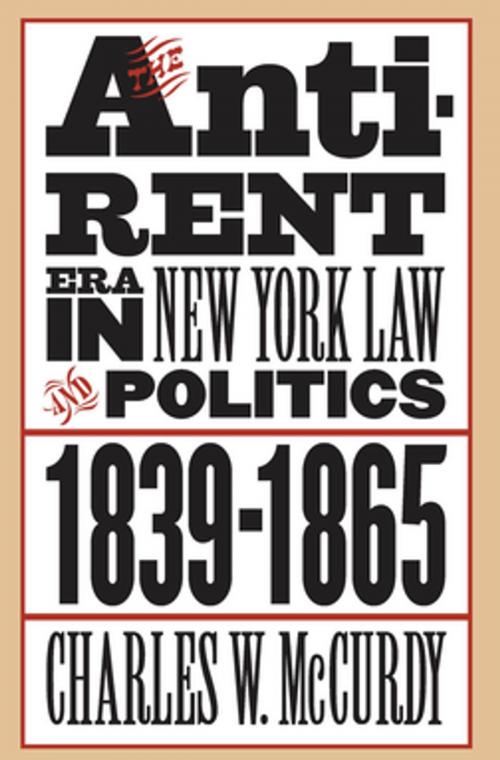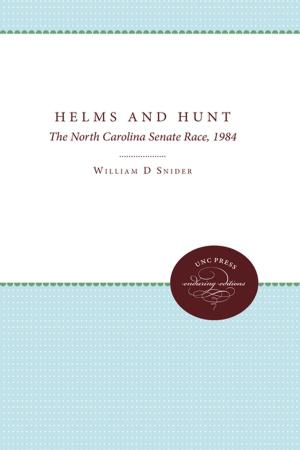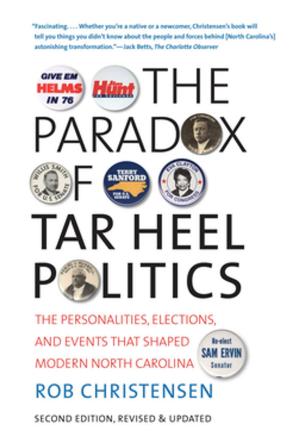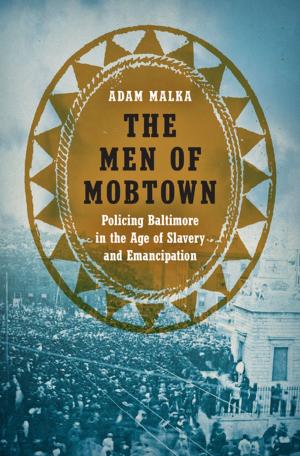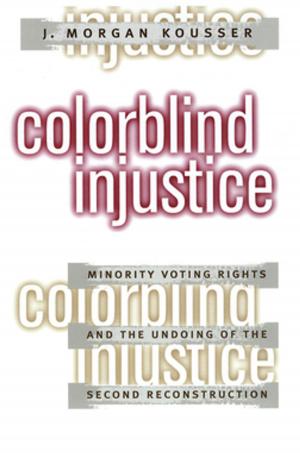The Anti-Rent Era in New York Law and Politics, 1839-1865
Nonfiction, Reference & Language, Law, Jurisprudence, Social & Cultural Studies, Political Science, Government, Local Government, History, Americas, United States, 19th Century| Author: | Charles W. McCurdy | ISBN: | 9780807860878 |
| Publisher: | The University of North Carolina Press | Publication: | June 19, 2003 |
| Imprint: | The University of North Carolina Press | Language: | English |
| Author: | Charles W. McCurdy |
| ISBN: | 9780807860878 |
| Publisher: | The University of North Carolina Press |
| Publication: | June 19, 2003 |
| Imprint: | The University of North Carolina Press |
| Language: | English |
A compelling blend of legal and political history, this book chronicles the largest tenant rebellion in U.S. history. From its beginning in the rural villages of eastern New York in 1839 until its collapse in 1865, the Anti-Rent movement impelled the state's governors, legislators, judges, and journalists, as well as delegates to New York's bellwether constitutional convention of 1846, to wrestle with two difficult problems of social policy. One was how to put down violent tenant resistance to the enforcement of landlord property and contract rights. The second was how to abolish the archaic form of land tenure at the root of the rent strike.
Charles McCurdy considers the public debate on these questions from a fresh perspective. Instead of treating law and politics as dependent variables--as mirrors of social interests or accelerators of social change--he highlights the manifold ways in which law and politics shaped both the pattern of Anti-Rent violence and the drive for land reform. In the process, he provides a major reinterpretation of the ideas and institutions that diminished the promise of American democracy in the supposed "golden age" of American law and politics.
A compelling blend of legal and political history, this book chronicles the largest tenant rebellion in U.S. history. From its beginning in the rural villages of eastern New York in 1839 until its collapse in 1865, the Anti-Rent movement impelled the state's governors, legislators, judges, and journalists, as well as delegates to New York's bellwether constitutional convention of 1846, to wrestle with two difficult problems of social policy. One was how to put down violent tenant resistance to the enforcement of landlord property and contract rights. The second was how to abolish the archaic form of land tenure at the root of the rent strike.
Charles McCurdy considers the public debate on these questions from a fresh perspective. Instead of treating law and politics as dependent variables--as mirrors of social interests or accelerators of social change--he highlights the manifold ways in which law and politics shaped both the pattern of Anti-Rent violence and the drive for land reform. In the process, he provides a major reinterpretation of the ideas and institutions that diminished the promise of American democracy in the supposed "golden age" of American law and politics.
